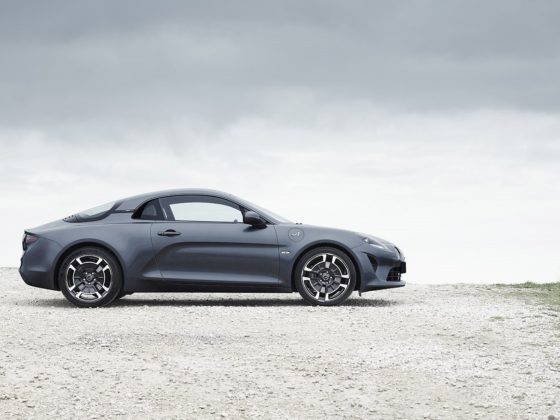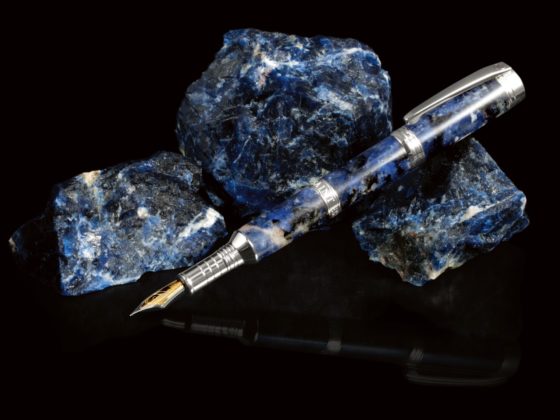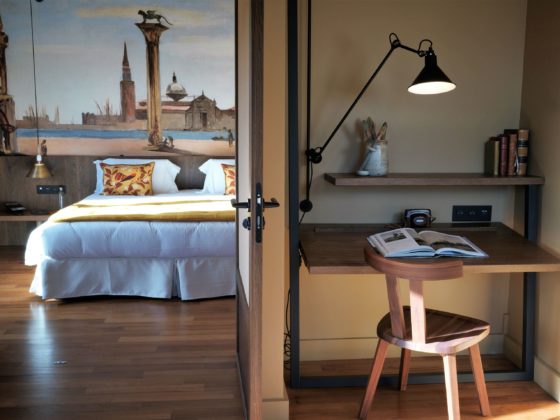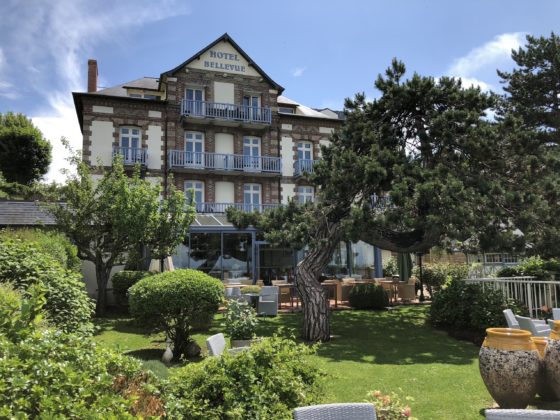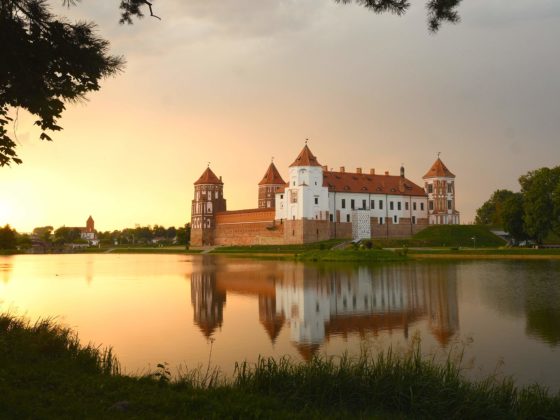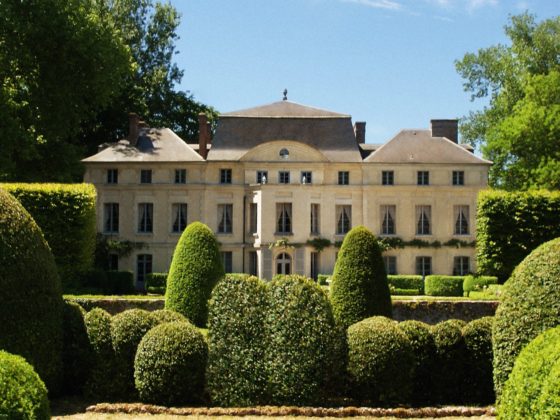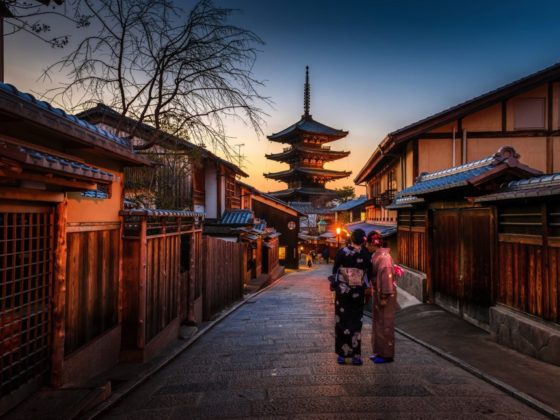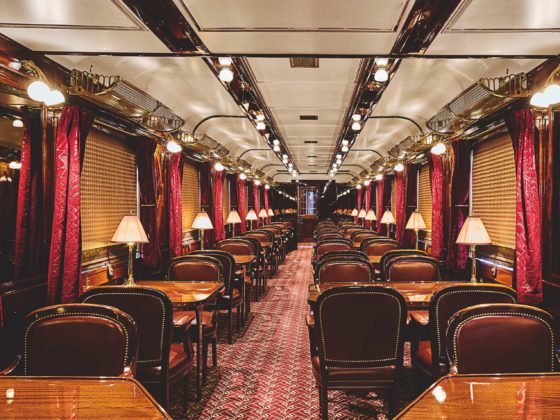The 2018 edition of the wine sale of the Hospices de Beaune will be held, as every year, at the end of November. The opportunity to rediscover the Burgundian wine region, which is a formidable exception in the French culture.
By Romain Rivière
A world apart. This is how could be summarized the wine terroir of Burgundy. Here, more than anywhere else, 2 000 years of history have shaped an unparalleled cultural site, characterized by by remarkable landscapes, an exceptional built heritage, and a unique know-how associated with a vineyard whose composition and distribution are a formidable exception: nowhere else, on the scale comparable, the will to link the wine to its terroir has never been pushed so far away. The result is an extremely fragmented vineyard, composed of more than 1,000 plots of land following one another on a thin ribbon running from Dijon to the south of Beaune, and each with its own history, name, taste and place in the hierarchy of vintages. Pommard, Nuits-Saint-Georges, Romanée-Conti, Montrachet… On this small piece of land, illustrious names remain numerous. Associated with a specific economy and culture, these plots carry a name: the climates. In recognition of this exceptional character, these Since 2015, the climats of Burgundy have been listed as a Unesco World Heritage Site.
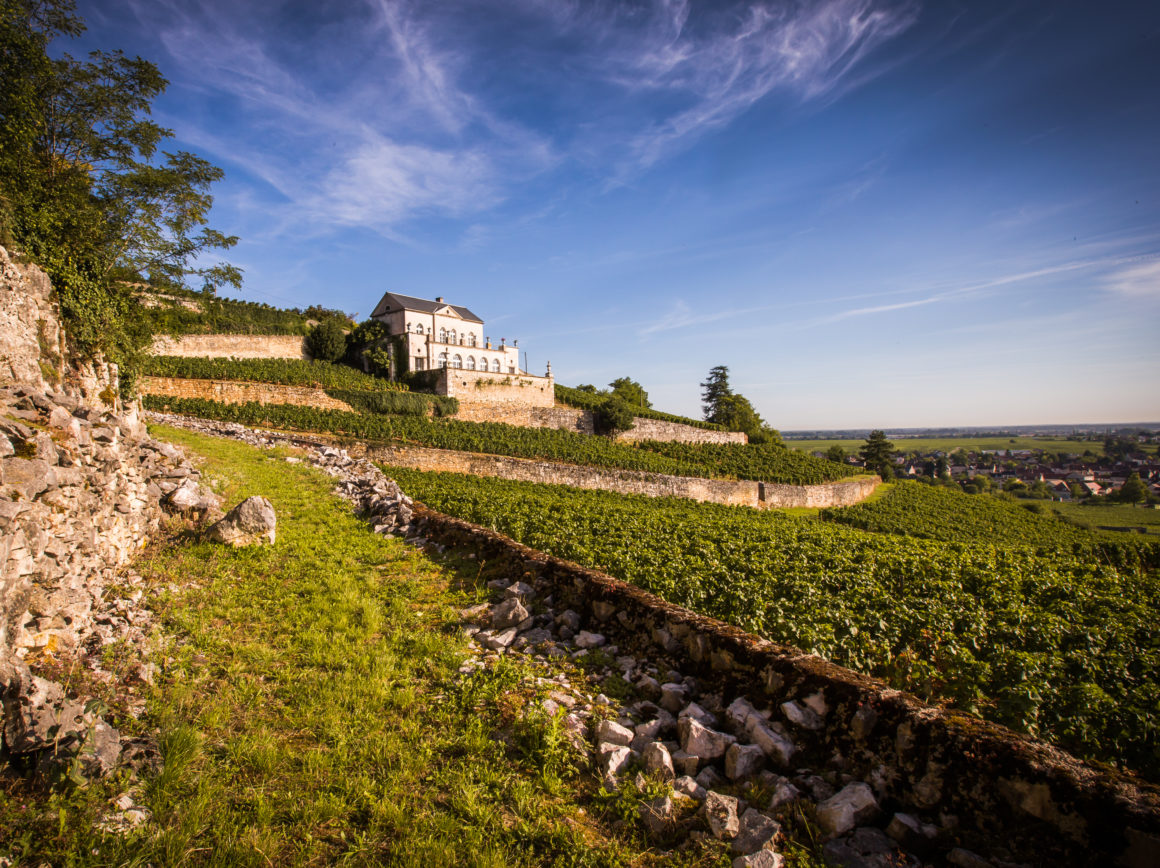
The sale of the wines of the Hospices de Beaune has been at the heart of this culture for over 150 years. It is, undoubtedly one of the most important charity sales in the world. Usually In any case, the oldest, since the first edition dates back to 1859. With its vineyard of 60 hectares, composed of many prestigious appellations, and built up over the centuries through the bequests of owners – the last ones donations date back to 2011 and 2015 – the institution relies heavily on this to finance its hospital and retirement home, while supporting medical research and various charities. Became over time an international event, particularly under the impetus of Christie’s, which opened it to the general public in 2005, the sale will be held this year, as it does every year, during the third weekend of November, and will the small and charming town of Beaune at the center of the world. During this long weekend of festivities, placed under the sign of the gastronomy and the tasting, individuals and professionals will be able to purchase a or several barrels of one of the Hospices’ vintages, then entrust the maturing and the bottling to a local winegrower.
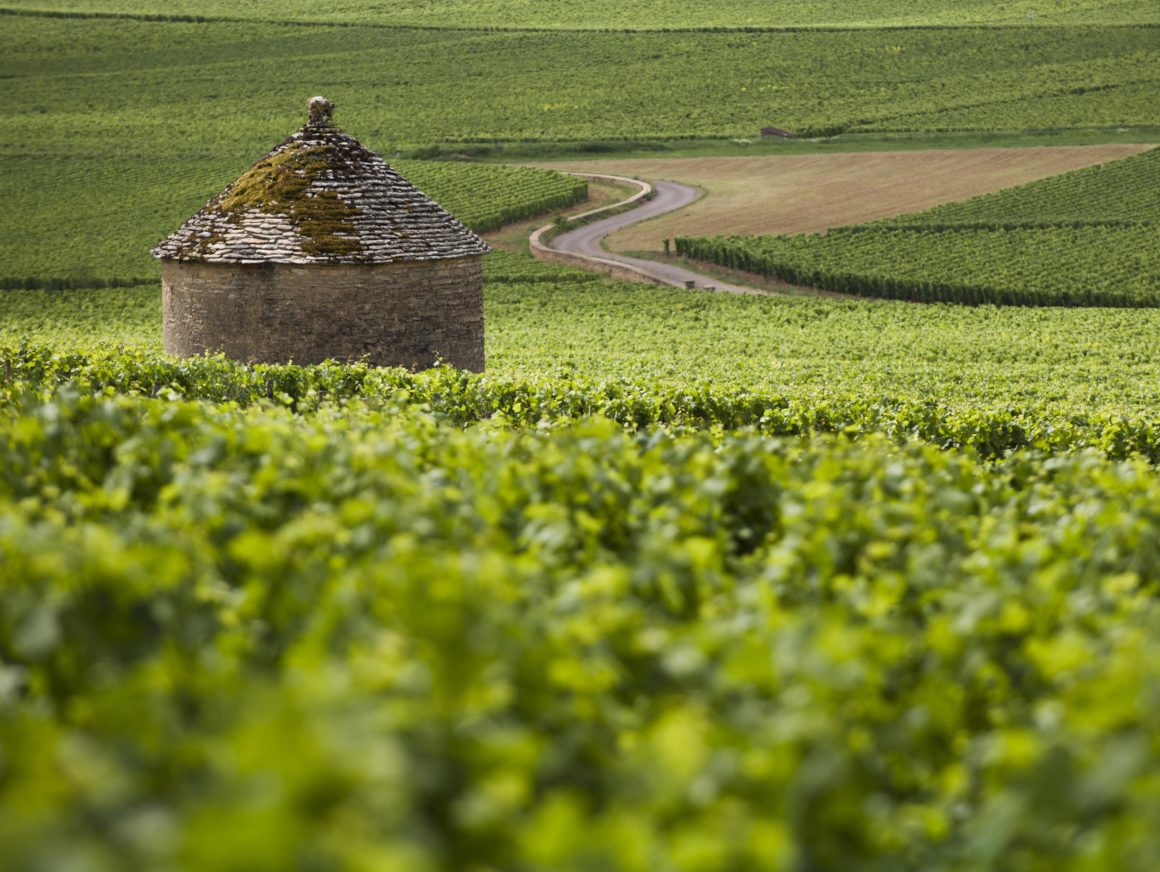
The Albert Bichot house is one of the of the key players in this sale. Owner of 100 hectares of vines distributed among its six estates in Pommard, Nuits-Saint-Georges, Mercurey, Chablis or in the Beaujolais region, it has become established, for a twenty years, as the first buyer of wine from the Hospices de Beaune, which she has been involved in selling since 1876. For several years, the house Bichot goes even further by offering individuals the opportunity to bid in small quantities, by the bottle and not by the barrel (288 bottles). Its concept is simple: group its purchases in order to carry more weight, by committing to not to exceed a ceiling price set by the individual. She then raises the wine that she will bottle. The interest for the purchaser, in addition to that to buy in small quantities and without intermediaries, lies in the expertise of the House of Bichot, an emblematic figure in the Burgundian wine industry since the mid-nineteenth century, and to be guided by a single interlocutor throughout the process.
Thanks to the reputation of its Burgundy has turned to the wine and tourism industry. Many wineries open their cellars to the general public and to their propose tasting tours. The castle of Pommard illustrates it perfectly. This domain, which remains one of the most prestigious in France, offers multiple experiences throughout the year designed for novice wine lovers as well as experienced wine lovers. In the heart of the Clos Marey-Monge surrounding the extraordinary eighteenth-century building, the Château de Pommard articulates its offer around the gastronomy, the grape harvest, the climates, history and culture, as well as youth. The opportunity to discover the specificities of an exceptional terroir, and the different wines of an exceptional house no less emblematic.
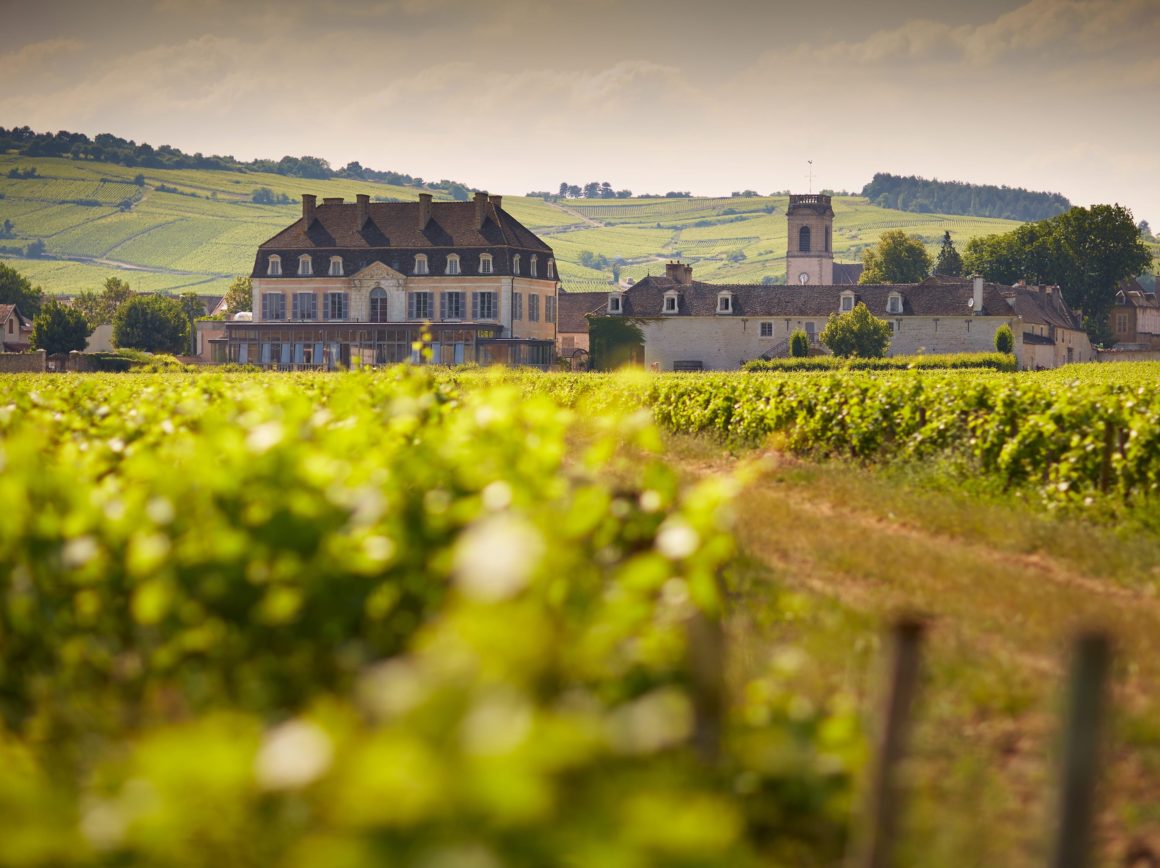
In the field of wine tourism, Olivier Leflaive, based in Puligny-Montrachet, is one of the pioneers. Perhaps even one of the founders. A visionary, this winegrower understood before the the public’s interest in the backstage of wine, its culture, its secrets and its terroirs. Its table d’hôtes, intended for international visitors, dates back to 1995, when the tourist activity around the wine was almost non-existent. Due to the success of his concept, Olivier Leflaive moved on to the next step soon after, by opening a hotel in a splendid 17th century building in the heart of Puligny-Montrachet: garden, terrace, lounge, rooms of great comfort, gastronomic restaurant: the establishment is a perfect example of the winegrower’s desire to bring together wine lovers in the same place, in order to encourage meetings and to share passions. And this, around its own wines, but also around a selection of other names. During 2019, the facility will expand, and provide a second dining area and additional rooms.
Not far from there, at the foot of the hill of Montrachet and at the doors of the village of Chassagne-Montrachet, the The Picard family estate has also turned to the general public. Under At the instigation of Francine Picard, now at the head of the company, the château of Chassagne-Montrachet, the headquarters of the group which has six estates and 136 hectares of vineyards, has undertaken important work to make its right wing a real guest house. In a harmonious combination of and contemporary furniture signed by renowned designers, this elegant space, which includes a large lounge, a billiard room, an area and 5 large suites, allows visitors to experience a stay at the heart of a castle emblematic of a terroir where the most prestigious appellations more prestigious. The stay at the castle is also an opportunity to discover the cellars of the XIth and XIVth century and to taste the wines of the house, from different appellations: Saint-Aubin, Chassagne-Montrachet, Corton-Charlemagne, etc. For the Picard family, concerned with sharing its know-how and its values in an educational way, which have led it to turn, for several years, to a reasoned culture and respectful of the vine and the land, this contact with the public is primordial. And for the host, the opportunity to live a cultural experience strong.



